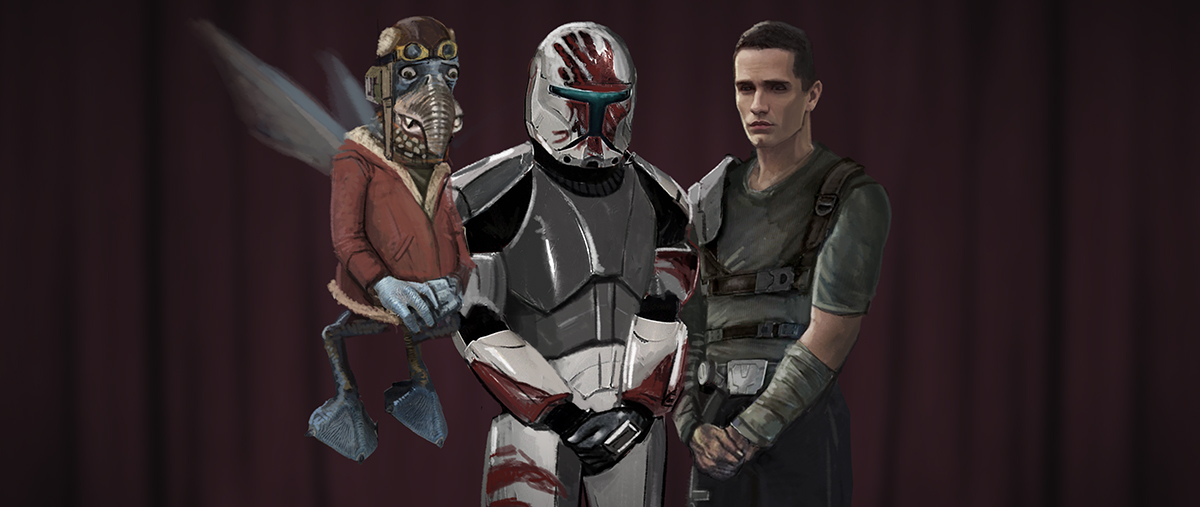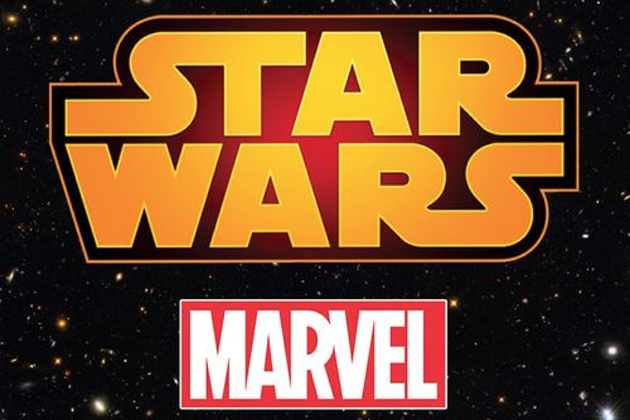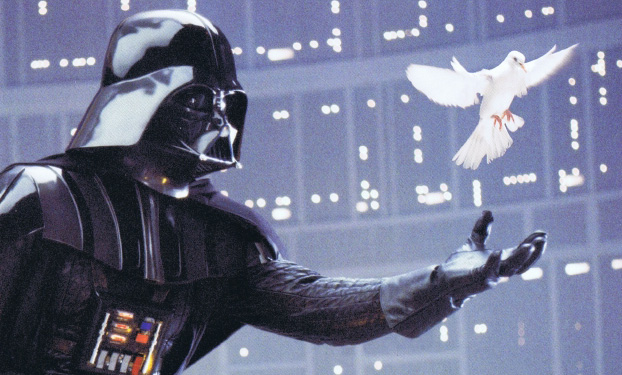
By and large, I’m perfectly content to let Episode VII rumors come and go without comment. They can be interesting, and I don’t begrudge anyone choosing to cover them, I just think that there’s rarely much to be gained from spending one’s column inches picking apart developments about which we’re drastically underinformed, and that may or may not even be true to begin with.
But a certain image of the sequel’s development has been coming together over the last couple months that I think could make for an instructive thought experiment—meaning, even if every assumption I’m about to make is incorrect, my point can still stand. So keep in mind that this article isn’t an endorsement of any particular rumors, it’s just that—a thought experiment.
Read More




